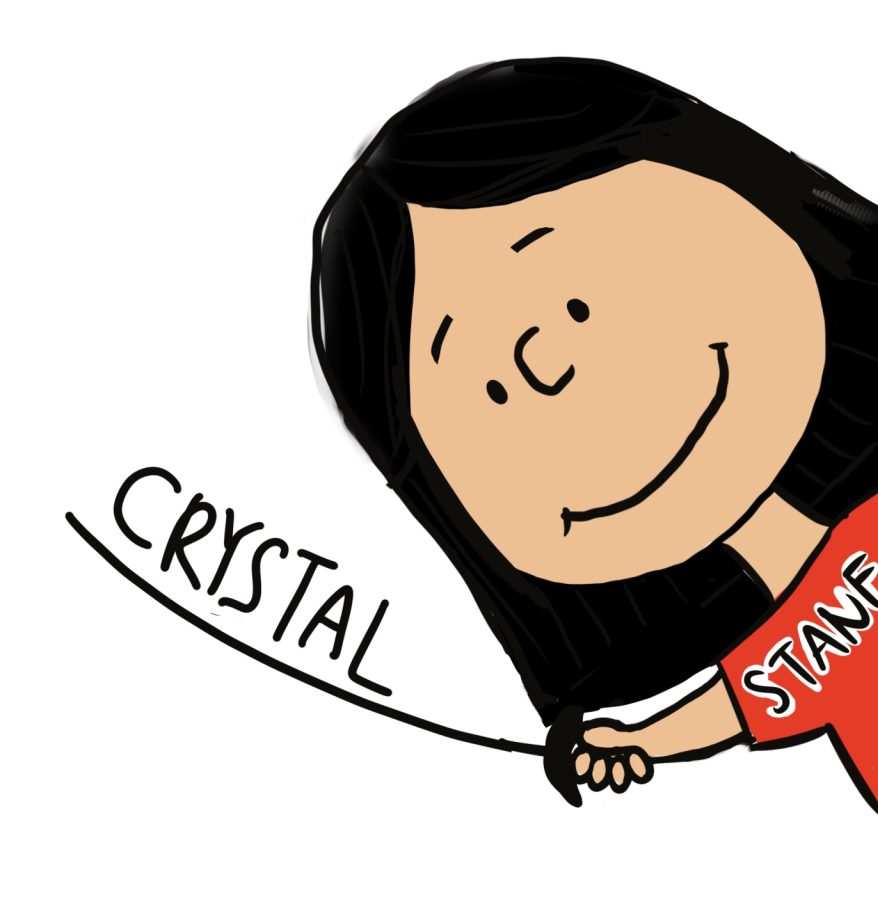The problem of perfection(ism)
May 26, 2022
Perfection. A word that pervades modern society.
What do you associate with perfection? Exquisite penmanship, immaculate rooms, straight A’s? Many believe perfectionism is good. I once did too.
Today, the perfectionist in me reties my ponytail until there are no bumps. The perfectionist demands handwriting with military precision, cringing at wobbly “2’s” and scrawly “r’s”. The perfectionist broods over minuscule errors in writing — double spaces, oxford commas, dangling modifiers. The perfectionist is never satisfied.
For a while, my perfectionism was my pride. I enjoyed leafing through pages of copybook-level handwriting and gliding over a pristinely uniform line of A’s. Indeed, I imputed my academic and athletic excellence to my drive toward perfection — to be the best. And really, what could be so imperfect about perfectionism?
Eventually, my perfectionism encountered its match. When commitments became too much to bear, perfectionism corroded my steely complexion and swept me into a spiraling sinkhole of restlessness. Perfection was no longer an aspiration, but rather a burden.
Perfectionism slows me down. It’s the impetus behind “just one more” literature search and the tendency to dawdle over trivial, superficial details. Hours are spent waiting for the “perfect” word, fluttering just beyond my conscious reach, to materialize from emptiness. Fingers hovering over my keyboard, I’m waiting for an ethereal epiphany, a jolt of electricity that will defibrillate my paralyzed mind.
My first draft is my final draft. There are no rough sketches or revisions. I rewrite the same sentence over and over, until the clock spins thrice and the horizon drains of color and darkness blankets the earth — and I’m still drowning in the same whirlpool of words.
When the expectation is perfection, simple tasks like writing become a tedious, onerous process. It becomes suffocating rather than liberating, overbearing rather than stimulating, systematic rather than imaginative. It casts aspersions on my legitimacy as a writer. It stymies creative innovation and pulls me into painfully uncomfortable procrastination. I feel that I can’t live up to my own expectations — so I don’t start.
Perfectionism transmutes into the worst in someone, the part that tells you that nothing you do is good enough. There’s an incessant voice that chides you until inextricable layers of stress extinguish your cognitive capacity. So powerful in this sense, so insidious on your psyche, you don’t realize until you’re at a point of no return.
Perfection is the holy grail, but there’s pain in idealizing the unachievable. There is never a lasting feeling of fulfillment because perfection is a deceptive destination that never arrives. While perfection seems attainable, it really carries a Sisyphean dimension.
Living with the prick of something merely being “good enough” is a constant uphill battle, one with a near-vertical learning curve. Cutting myself some slack sounds weak. But it’s also hopeful. After all, I am my own enemy.
Leaving bumps in my hair, breaking the hypnotic trance of a blinking cursor, submitting a draft with disjointed sentences. All are little steps to embrace imperfection with open arms — to no longer be ruled by the fear of failure.
Because at the end of the day, we are all perfectly imperfect.




























































